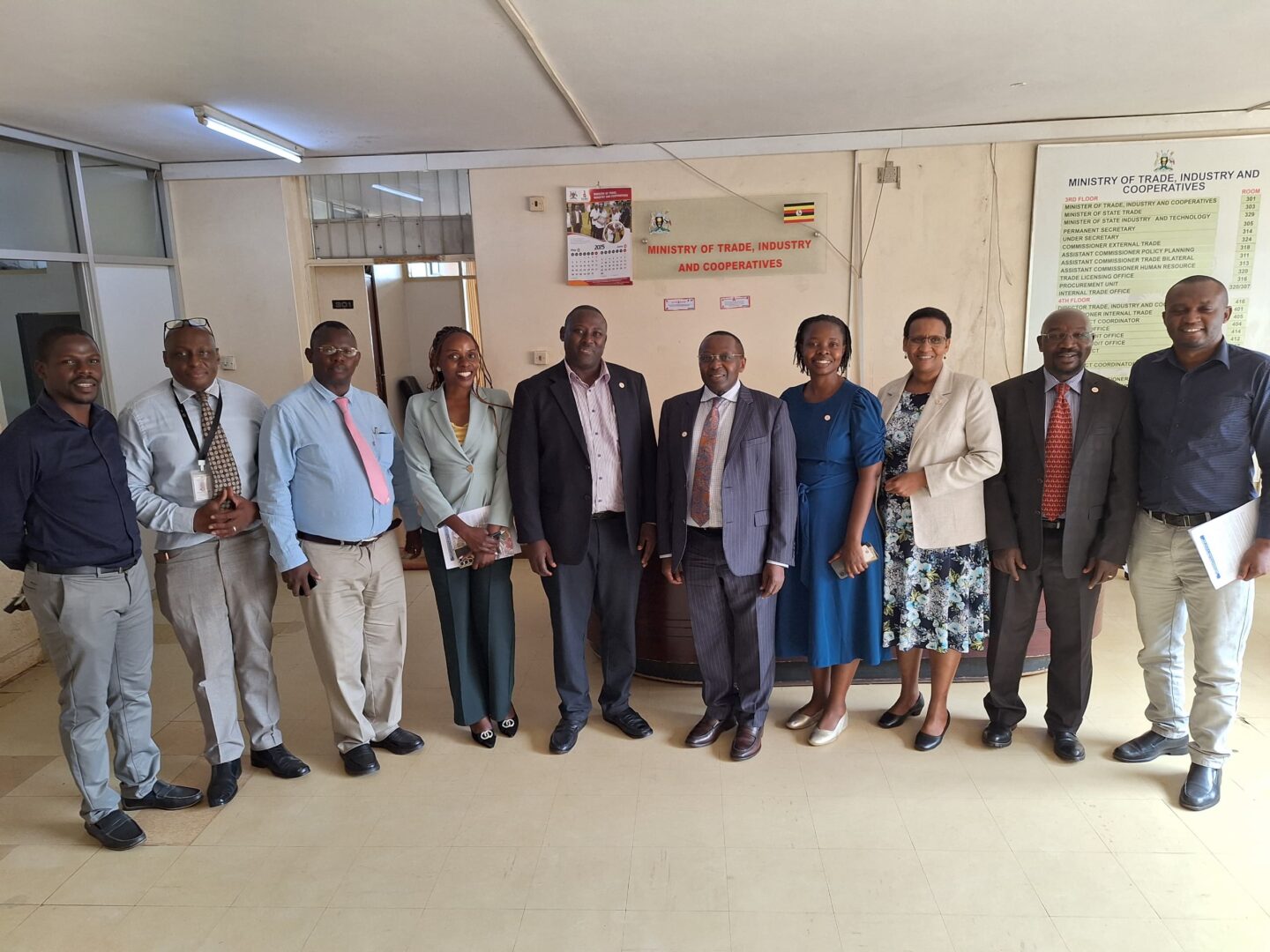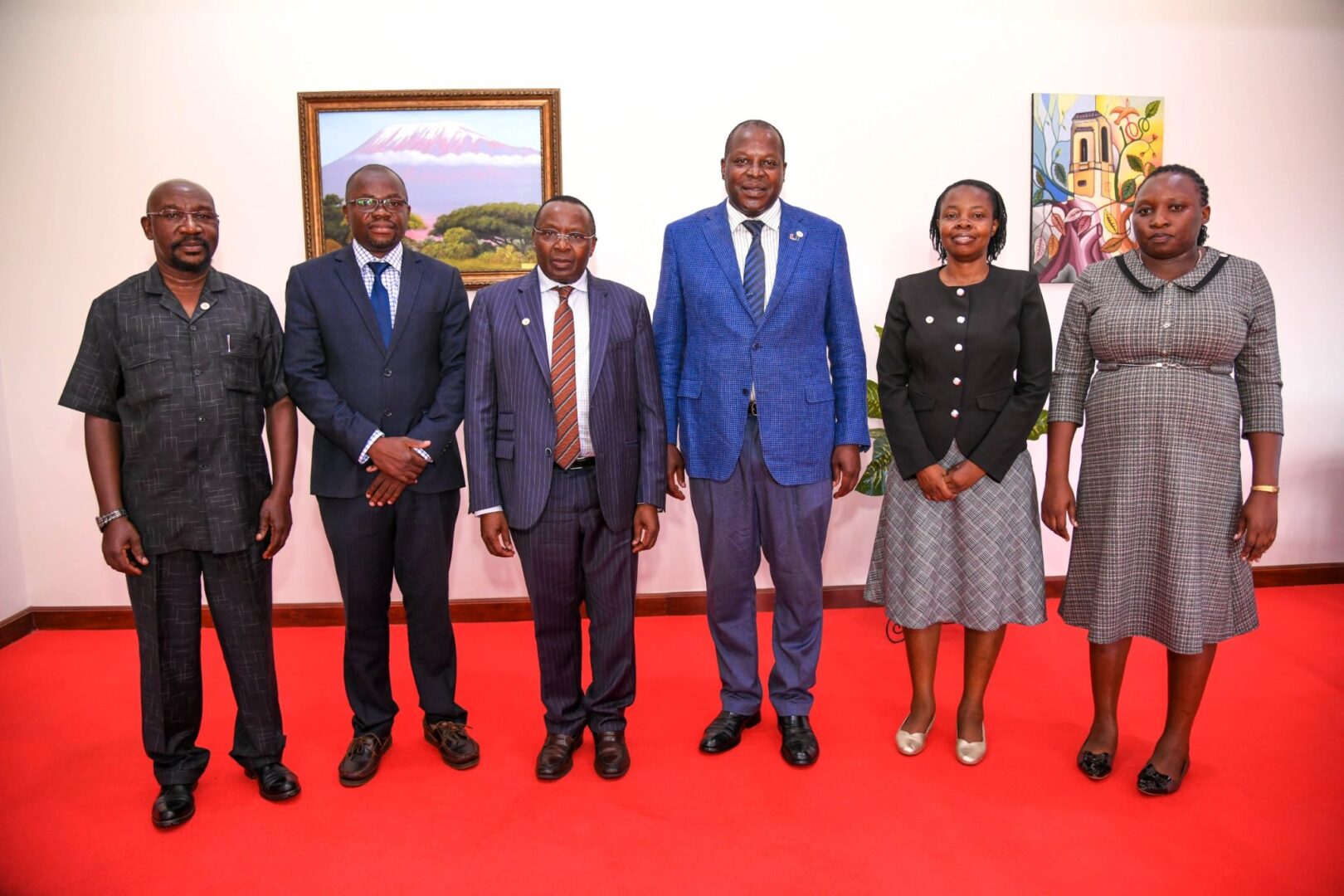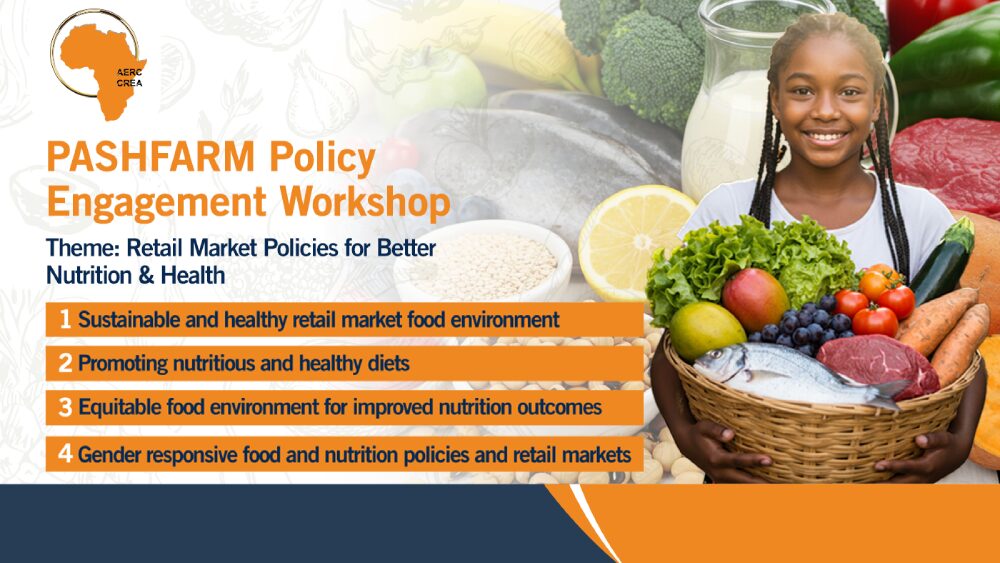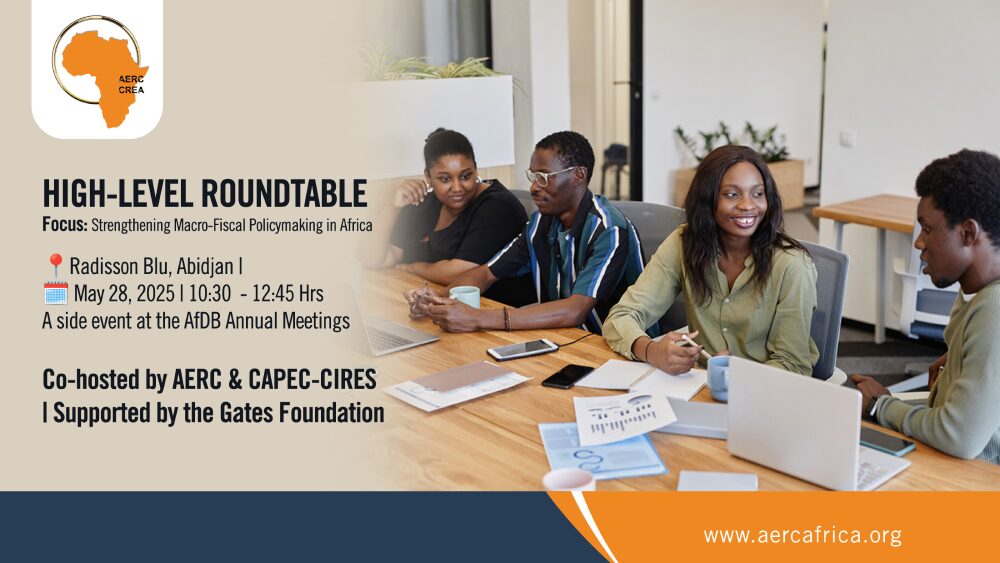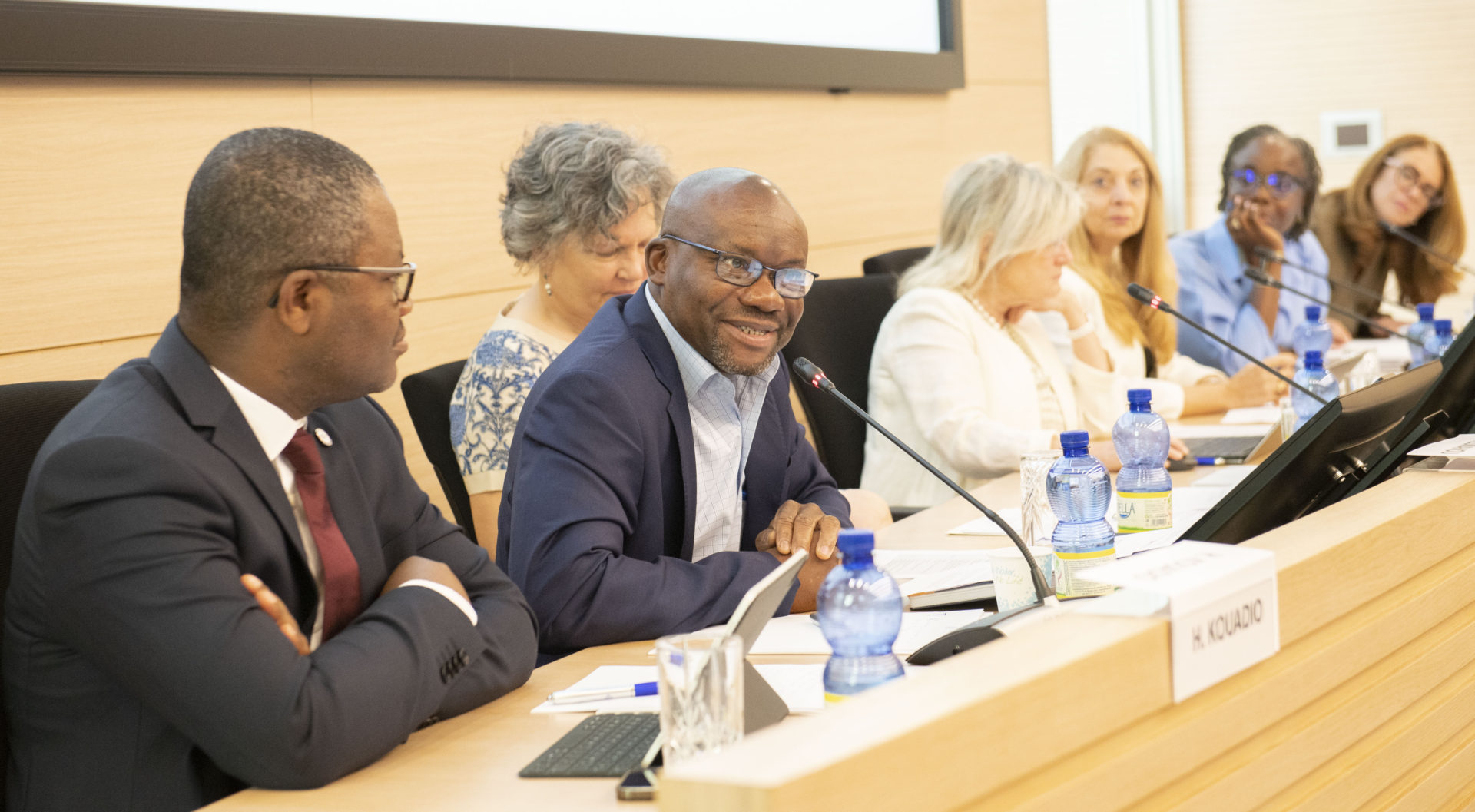

AERC Participation in the World Bank’s new Development Economics Global Institute (DEC Global) in Rome
July 13, 2023On June 26 -27, 2023, the Executive Director of AERC, Prof. Théophile Azomahou, attended a panel during the official announcement event for the World Bank’s new Development Economics Global Institute (DEC Global) in Rome, organized by the Bank of Italy, The Ministry of Economy and Finance of Italy and the World Bank.
Knowledge remains the cornerstone of development, and today’s development challenges require improving the way World Bank produces, curates, and delivers relevant knowledge to policy practitioners. The new DEC Global Institute will make the World Bank advisory, research, and data services more accessible and actionable, bridging barriers to knowledge between producers and users. DEC Global will maximize the impact and relevance of World Bank’s knowledge by working closely with think tanks, research and training institutes, and world-renowned academics, to deliver global public goods to client countries for development impact.
The event was opened by Piero Cipollone (Deputy Governor, Bank of Italy), and Indermit Gill (Chief Economist and Senior Vice President, World Bank). The opening was be followed by a presentation of the Institute and a panel discussion aimed at gathering feedback from renowned experts on the vision and plans for DEC Global. The Executive Director of AERC, Prof. Théophile Azomahou, attended this panel alongside representatives of other prominent policy research centers and African Think Tanks.
To maintain its relevance “said the Executive Director of AERC”, DEC Global should consider several factors when creating knowledge products and training materials:
- Inclusion and participation: Engaging with policymakers, practitioners, local researchers, civil society organizations, and other relevant actors in the target countries during the design and development process can help DEC Global better understand the specific challenges and needs on the ground.
- Contextual analysis: Conducting thorough research on the economic, social, and political context of the target countries will enable DEC Global to tailor its content to address specific developmental challenges, policy priorities, institutional frameworks, and capacity constraints.
- Needs assessment: Conducting comprehensive needs assessments in collaboration with local organizations and researchers will help DEC Global identify specific areas where policymakers and practitioners require support and develop content that directly addresses those needs.
- Collaborative partnerships: By partnering with local research institutions, think tanks, universities, and policy organizations in the target countries, DEC Global can ensure that its products and training materials are aligned with local demand.
- Continuous feedback mechanisms: Establishing mechanisms to collect feedback from users, including policymakers and practitioners, can help DEC Global make iterative improvements and adaptations to ensure that its content remains responsive to evolving needs.
By integrating these strategies, DEC Global can create demand-driven, contextually relevant, and tailored knowledge products and training materials that are more likely to have a positive impact on development outcomes.
The discussions enrich the vision for the DEC Global to help strategize on improving the production, dissemination, and utilization of research and data. This meeting is also seen as a first step towards a possible long-term collaborative engagement with AERC as the World Bank embarks upon this exciting new journey.
Following the panel, in the afternoon of the 26th, the event included in-depth technical discussions on two of the initial thematic priority areas of DEC Global, namely (1) Fintech and financial inclusion and (2) Migration. On June 27th, the event featured a consultation with key stakeholders on the upcoming 2024 World Development Report on “Economic Growth in Middle Income Countries”.


